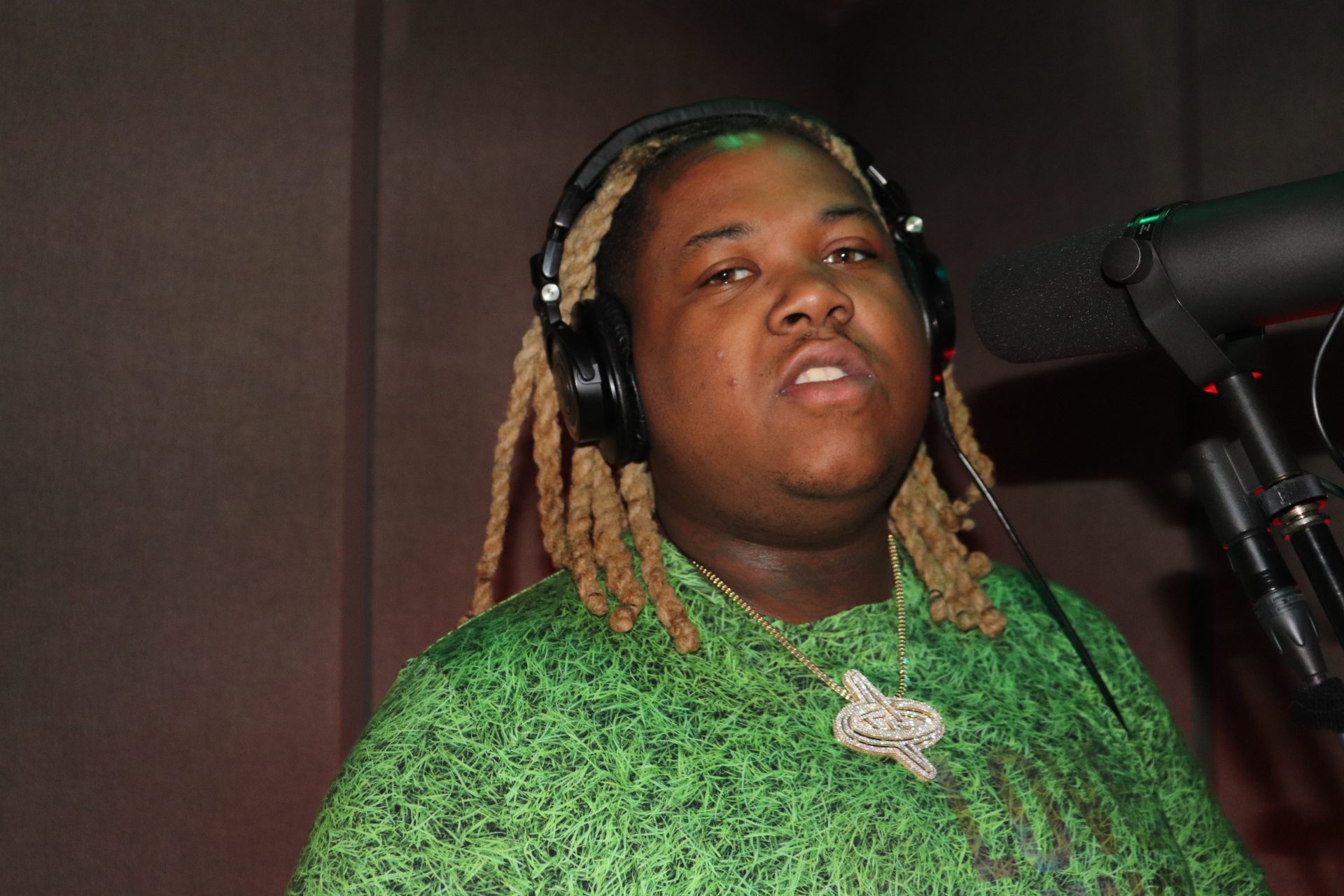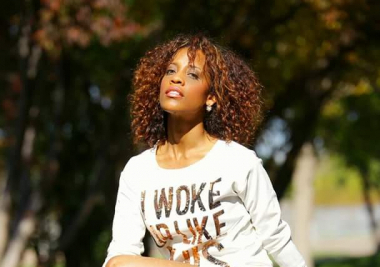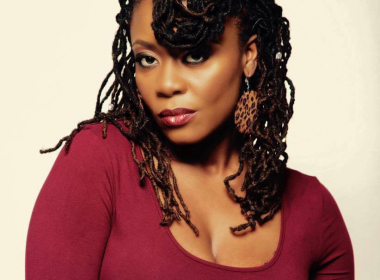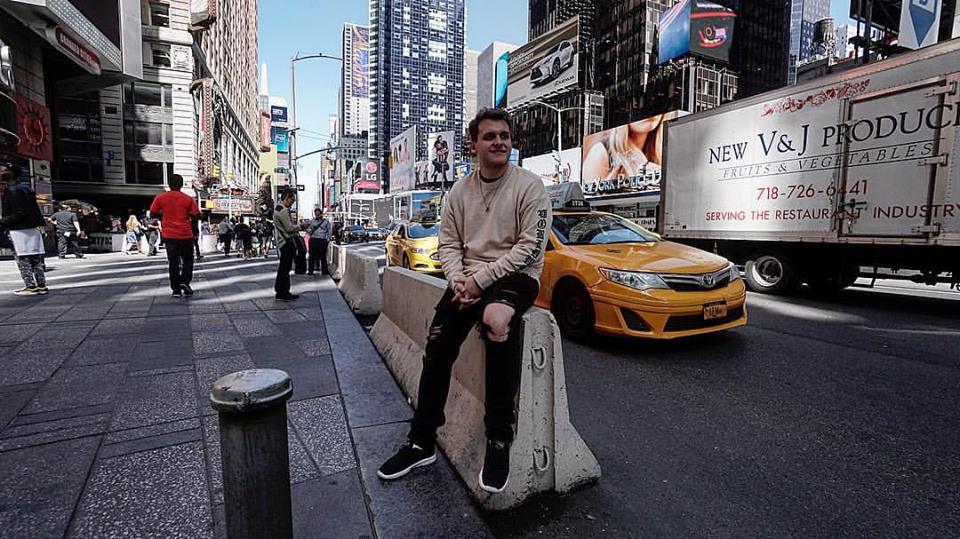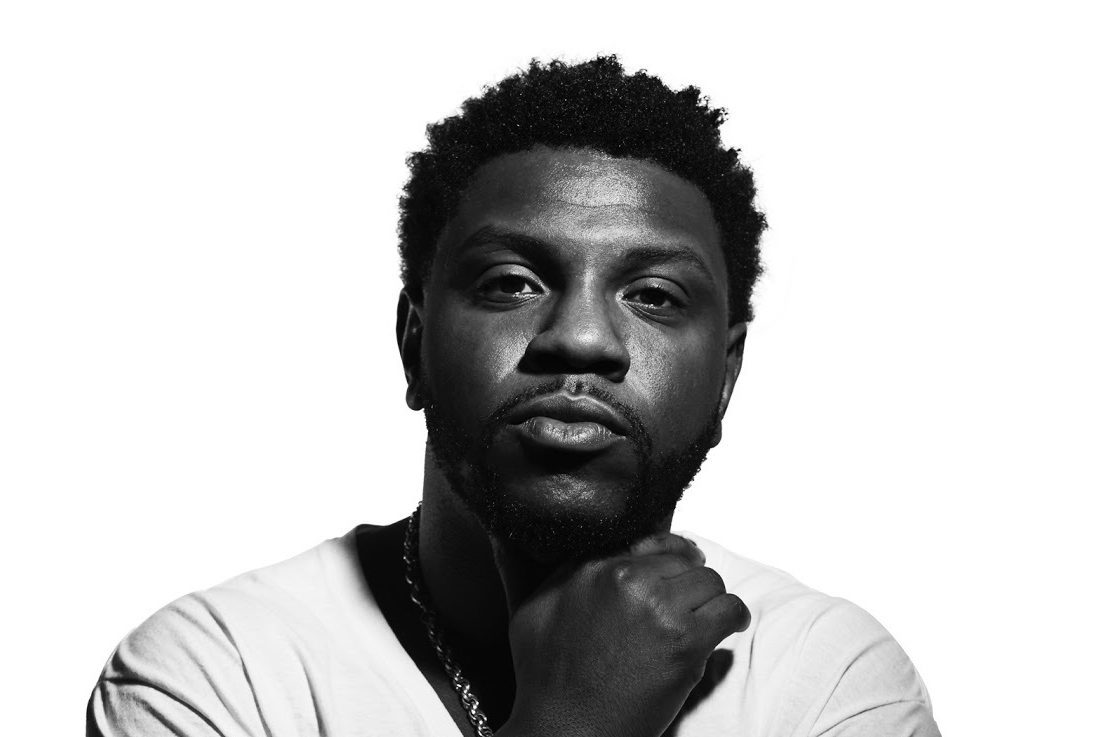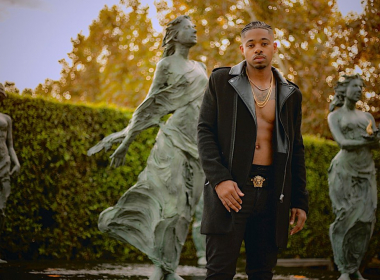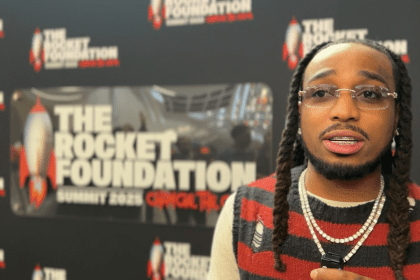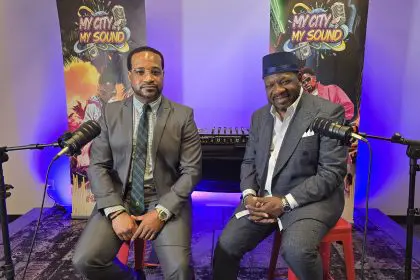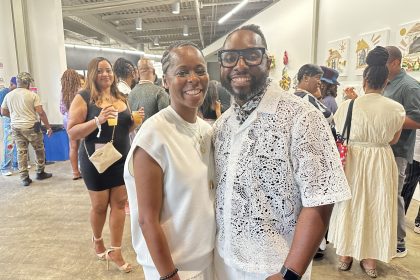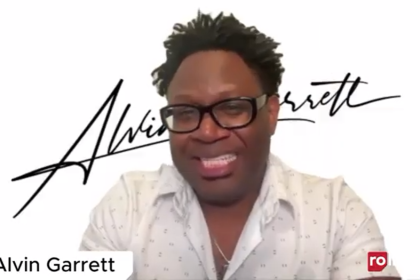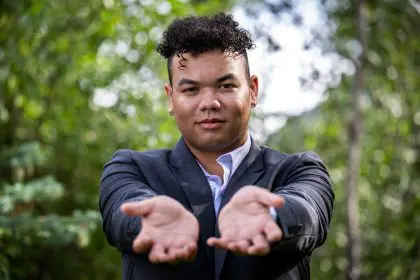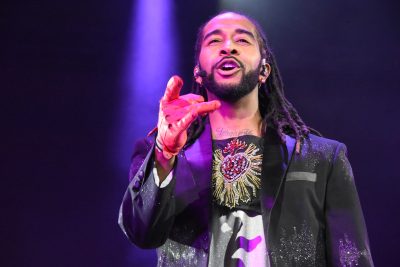
“Luke Cage” has taken the world of streaming by storm. The Black superhero created in 1972 has been resurrected in 2016. The television series created by Cheo Hodari Coker based on the Marvel comic is arresting in its visual display. Sonically it has succeeded in capturing the essence of the lead character, his supporting cast, and Harlem. Ali Shaheed Muhammad of A Tribe Called Quest and Adrian Younge of Black Dynamite fame are the reason the musical backdrop is so spot-on. A 30-piece orchestra conducted by Miguel Atwood-Ferguson adds to the soundscape. Muhammad and Younge implemented intricate details through the music. We spoke with them about the true music for “Luke Cage” and what the series means to the world.
Talk about how you were chosen to do the score for this project?
Ali Muhammad: I think we were chosen because of our previous works and it being tied to hip-hop, a certain style of hip-hop — very melodic, [with] energy and movement. Because of Adrian’s catalog with Black Dynamite and Ghostface and my work with Tribe, I think that soundscape was something for us to build on.
What makes “Luke Cage” so unique is the fact that it is so hip-hop; why was it important for the genre to be prominent in the series?
Adrian Younge: I think the representation is important because you don’t get a lot of mainstream shows like this that do it in such a way that it’s in your face and real. Cheo’s [Cheo Hodari Coker] conception of this new Luke Cage character is somebody who is of the hip-hop culture. It teaches people about the hip-hop culture. It’s not just about the music; it’s a way of life.
What sound were you going for?
AM: We definitely were inspired by Marvin Gaye’s “Trouble Man,” Curtis Mayfield’s “Superfly” and Issac Hayes’ “Shaft” — the style and culture of those iconic musicians. This was really more about understanding the foundation of hip-hop, meaning the break beat and knowing how to transform a break a simple loop and really expanding on it. It was really more bringing what we have already done and making it more for a film. We want to bring a lot of dynamics to it and show a lot of range. We wanted to make something that had a lot of layers. Having a 30-piece orchestra was something that we wanted to use to raise the levels and quality of the music.
How long did it take to record the series?
AY: It took about nine months. It took a lot of work and a lot of time.
How much did current events inform your choices?
AY: Our music enhanced the attitude of what was going on already. When Curtis Mayfield made “Super Fly,” he used the lyric to make a statement. We didn’t have much lyrics so we used the instrumentals.
We used different instruments and different compositional and sound palettes to further enhance the feeling that you got when you saw different characters on screen. With Cottonmouth we used a lot of Fender Rhodes because he played the piano. We used dark chords and dark melody every single time he was doing something on the screen. We used an opera singer (Brook DeRosa) for Diamondback because there was a morbid feeling when you saw him. We used the opera singer to help illuminate that notion. We used different voices like Lauren Oden to be the internal voice of Luke Cage. We used it to accentuate the characters.
What would you say was the biggest challenge about this project?
AY: Stamina, we didn’t take any breaks; all we did was work. We are artists in our own right. We had to push all of that aside to do this for nine months. We are not touring, we are not doing any other music, it was just this.
We were in the same city with two different studios. One day we might be at his studio, one day we might be at mine. It varied on the kind of work and the amount of work we had to do.
Next season has not been confirmed yet, but if it is, what will you bring that will be different?
AM: if we are asked to score the second season it depends on what’s on the screen. You can’t really think about what you will bring. If anything, you know that we will always [be] dedicated, innovative completely representing the best desires and the wishes of the executive producers and [we will] maintain the integrity of who we are as artists and composers.
Was there a scene that you sat with for a while that you wanted to get perfect.
AY: We didn’t really have time to sit with anything for a while. We strived for perfection every time we recorded something. That’s just the automatic part of the blueprint. I would say episode four was challenging. The whole idea of episode four was a flashback giving the Luke Cage backstory. Because it was a flashback, the idea of the soundscape was different. Coming up with something that represented that departure but still making sure the elements of the rest of the season were cohesive.
Talk about the significance of this project to the comic book world and to Black people.
AY: The significance this has to the comic book world goes back to the origin of Luke Cage. Luke Cage came out in 1972 at the height of the blaxploitation era. It was a literary response to this notion of blaxploitation movies. It was the first time in American culture that Hollywood was embracing Black movies. Fast-forward 40 years later, this is now a Black television show made for everybody. It’s very important because it shows people how the lifestyle is in the Black community. It’s not watered down; it’s unfiltered. That is something that is special about the initial comic book and something that has evolved into a television series. It’s very important to the Black culture because Blacks get to see themselves on Tv acting like themselves. It’s great for the masses because people get to see us as intelligent, as humble and nice people. They are not just falling for the stereotypes that have amassed over the years.
AM: From what I gather when a well-loved character is brought to a more real-life character, I think it’s exciting for comic book fans. They want to make sure that there is authenticity. I think it means a lot for a Black comic book in America to know that a character like Luke Cage who stood up for the community and is bulletproof and is extremely strong means a lot now because of what’s happening because of police extremism. Even deeper than that, I don’t think people are talking about the fact that he was in an interracial relationship. It was extremely taboo at some point in time in America. It’s seemingly racy. It’s something that’s received by some or not received by others in society and it’s something that’s beautiful depending on your perspective and life experience. To be in modern-day times and have somebody like Luke Cage be introduced during the Jessica Jones series in modern-day times when the conversation of race is very loud, you can see how divisive it is. When we begin to really accept each other and not be based [on] race, we can go a lot farther in terms of a human connection and change and evolve for the better. Having a character that is not changing or going against his culture and being true to who he is and still be able to relate on a multiracial level I think is important to where we are in America. There are so many reasons why this series is important right now in 2016 and why it’s so well received by the masses and people all over the world.

